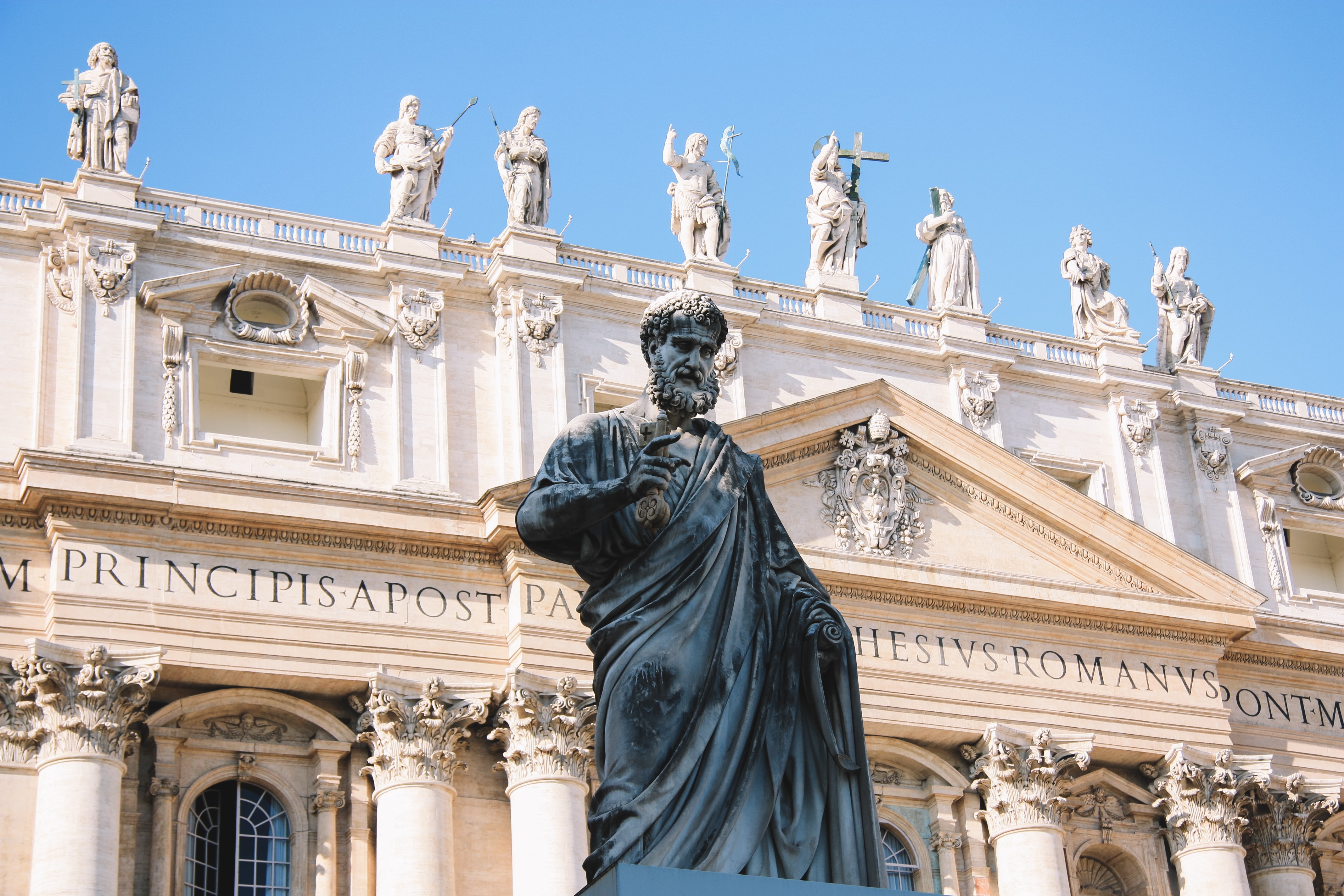
Some have called it “the great equalizer.” In some ways, this is an accurate description. The pandemic does not discriminate, although certainly some people are more vulnerable to the disease. One could also describe the coronavirus pandemic as a symmetric storm, one that is howling across the world so fiercely that some are wondering if they are, in fact, hearing the harbinger of the apocalypse. However, the effects of the pandemic, like previous crises, are not symmetric but instead, have resulted in an asymmetric shock.
The response of the “technocratic class,” in true elitist fashion, has also been anything but symmetric. It has been a moral failure of monumental proportions. However, this is nothing new; it is just a new low. For decades, the elite in the United States and around the world have been more preoccupied with advancing their own political, academic and professional careers than about the people they are privileged with the responsibility of serving, the people whose interests they have a moral obligation to protect and to promote.
Instead, central banks and other institutions around the world have created policies that cater to the powers that be, multinational corporations and the rich. Understandably, monetary policy is difficult for many people to understand beyond basics, such as the lowering and raising of interest rates, its theoretical effects on inflation and unemployment and, perhaps, a general understanding of the mechanisms with which central banks implement the policy, what was, in the United States, known as open market operations.
Fed Response 2008
In response to the financial crisis of 2008/9, the United States central bank, the Federal Reserve (Fed), started using a set of monetary policy tools that fall under the umbrella of unconventional monetary policy. One of these policies is known as quantitative easing. It should be noted that these are experimental policies (the Japanese experience notwithstanding), and the experiment is clearly failing. Prior to the financial crisis, the Fed maintained a balance sheet that was around 800 billion.
After hitting the zero-lower-bound, meaning interest rates could not be lowered any further (aside from negative interest rates, a topic for another day), the Fed resorted to quantitative easing. They began purchasing assets not to target short-term interest rates, money market rates, such as the fed funds and the repo rates, but to lower longer-term interest rates.
Fed – Interest Rates and Morality
The Bible clearly prohibits usury, more precisely, charging interest at all; for example, “If you lend money to one of my people among you who is needy, do not treat it like a business deal; charge no interest,” Exodus 22:25, and “Do not charge a fellow Israelite interest, whether on money or food or anything else that may earn interest,” (Deuteronomy 23:19).
McCleary and Barro (2019, p11) in their book, The Wealth of Religions (support your local bookstore), wrote the following with respect to the secularization hypothesis: “Secularization applied to some aspects of John Calvin’s city of Geneva and its regulation of economic activity, especially the distinction doctrinally made between interest and usury. Interest was an economic necessity for commercial and financial transactions and was allowed by the authorities. The maximum interest rate, set at 5 percent, was regulated by the Genevan government and the Consistory, a corporate religious-moral committee of the government whose judgments were enforced by the city council…”.
Interest rates above the regulated rate were considered usurious; however, they explain that this was raised to 6.7 percent while Calvin was still living and to 10 percent after his death. With these and related actions, the city of Geneva apparently liberated itself from the theological restriction and began what they describe as “the secularization of economic activity in Geneva.”
Another way to describe it would be, thus began the unleashing of unbridled capitalism. The immorality of usury is obvious. One only has to look at its modern manifestations, such as Payday loans. Even the actions of the recently deceased former Fed Chairman Paul Volcker who raised interest rates to control inflation, an action which predictably led to a recession, should be reexamined to possibly find a better approach.
The immorality of the opposite of high interest rates, low interest rates, particularly for an extended period of time, has not been adequately discussed or perhaps even considered. Volcker’s successor, former Fed Chairman Alan Greenspan depended on this form of management to prop up financial markets and, arguably secondarily, the real economy, which has had various negative effects, such as asset price bubbles, excessive speculation and crises among others.
Fed – Bailouts
In more recent years, financial markets have become dependent not only on perpetually low interest rates but also on eye-popping amounts of central bank intervention, trillions of dollars, often in the form of “special facilities,” financial/legal vehicles that the Fed has been using to circumvent its requirement to hold only government-issued (T-bills, Treasuries, etc.) or government-backed (Agency MBS) securities. (The exact totals of “bailout” money, regardless of whether it is on the balance sheet or in special facilities, depends on how one counts it and what the Fed has been willing to disclose. It should be required to disclose it all.)
Not only are the Fed’s policies causing imbalances and other issues, but the key question is: why are the very corporations that have been causing our economic and financial problems being bailed out with trillions of dollars while the American people are suffering and being abandoned by the institutions that are supposed to be serving them? These central bank actions (both here and abroad) are exacerbating the asymmetric shock on the rich and the poor, on richer and poorer countries.
The Fed will attempt to provide pacifying, pseudo-intellectual arguments to justify these grossly immoral actions. They cannot obfuscate the truth. The institution is failing the American people whose taxes are being used in ways that are detrimental to their interests and contrary to how they should be used. This exploitation of the American people and corruption of the Fed needs to stop. The American people and people around the world deserve better from their institutions, their leaders and the “technocratic elite.”



